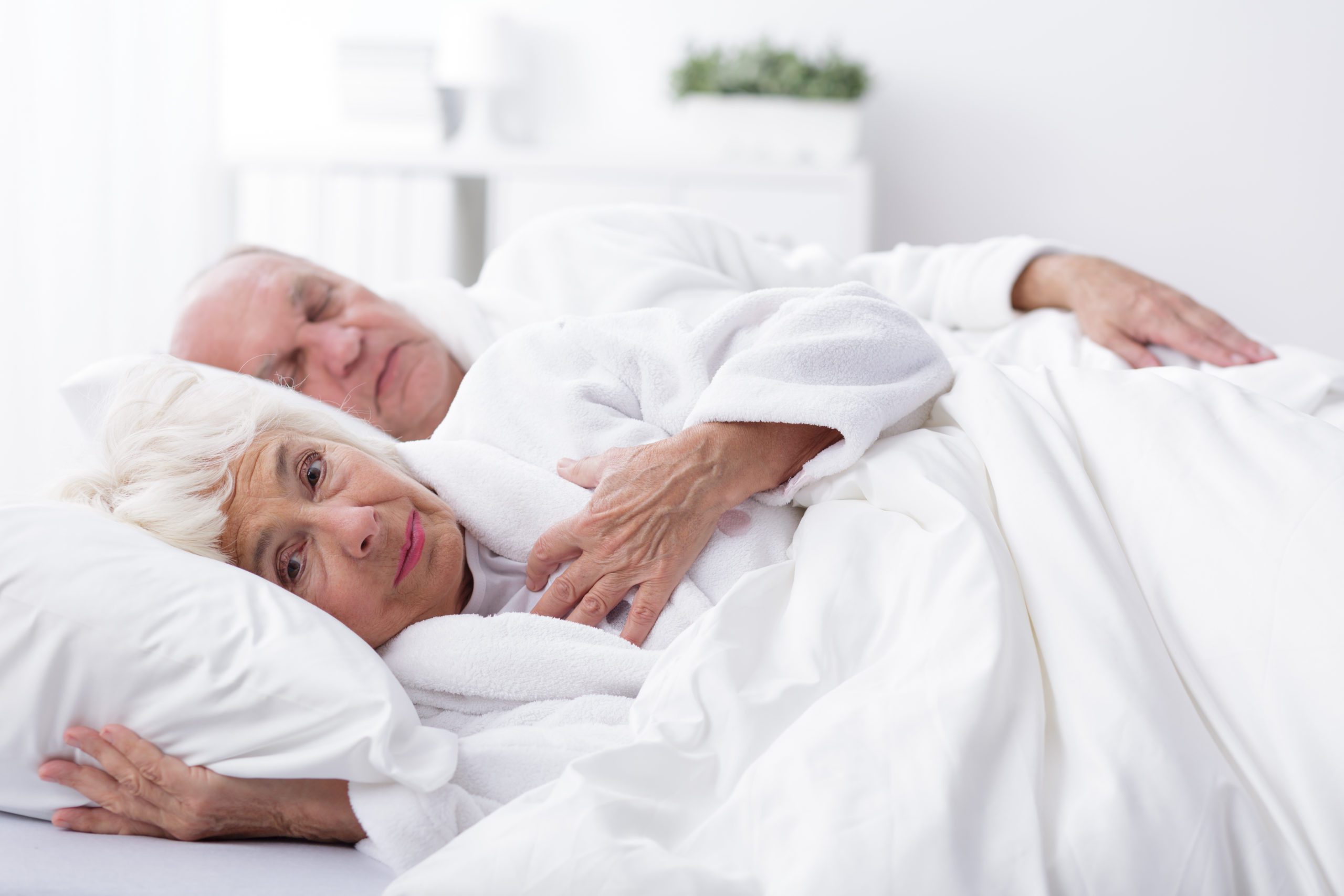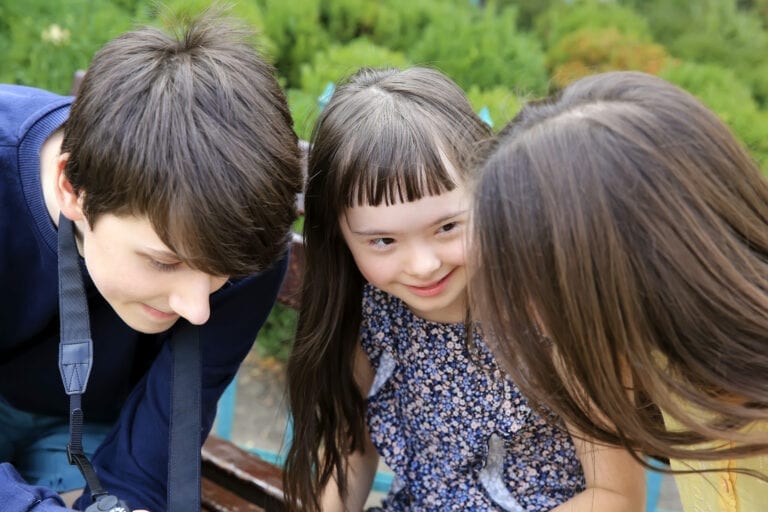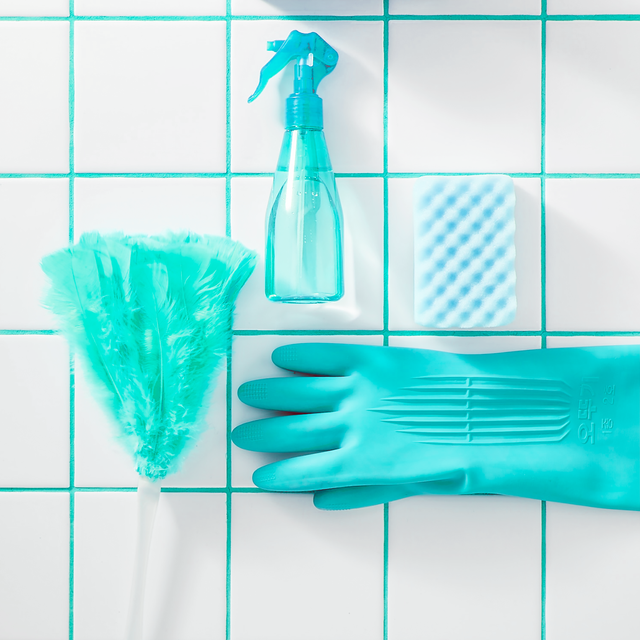Are You Tired and Sleepy? You’re not alone. According to the CDC, every fifth adult suffers from insufficient sleep every day! A sleep disorder affects adolescents, adults. As we get older, the rest can get slippery, so creating good sleeping habits when you are younger can pay off later in life.
Sleeping is something we all are familiar with. We can fall asleep on time, some of us face repeated challenges for various reasons. In a lifestyle that is irritated by stress, restlessness and technology-related disorders, the effects on physical and mental well-being show up in different ways. Technology can be a blessing when used carefully and judiciously, but technological devices can hijack our lives and fall prey to incessant and suboptimal uses. Sometimes we don’t realize the havoc technology can wreak on our health. If we fix our eyes in a certain position in front of our television, cell phone or computer screen for a long time, not only is our vision impaired, but it can also be harmful. to make our sleep problems worse. Problems falling asleep, coping with anxiety disorders, misery, and the need to concentrate are common drawbacks of overuse and restlessness of electronic devices.
Table of Contents
What is Insomnia?
Many people think that the term “insomnia” refers to a complete lack of sleep. In fact, insomnia involves a number of sleep problems including:
- Difficulty falling asleep
- Waking up in the middle of the night
- Waking up early in the morning in the morning
- Restless Sleep
Refreshing sleep Insomnia is known as a sleep disorder in which you cannot sleep for a long time and / The condition can be immediate and range from short-term or severe insomnia to long-term illness. Acute insomnia usually lasts from one night to a few weeks, while chronic insomnia occurs for three months or more for at least three consecutive nights a week. A persistent sleep disorder that affects millions of people around the world. According to the Centers for Disease Control and Prevention (CDC), adults need at least 7 to 9 hours of sleep every 24 hours, depending on age. Research shows that about 25 percent of people in the United States have a sleep disorder each year and about 75 percent are not prone to living conditions. After all, in conditions of daytime weakness, among other things, the problems under consideration contribute to increasing the likelihood of various diseases.
Trouble putting your body in a sound Sleep State? Learn a 12-minute strategy to get rid of sleep problems
Insomnia is the inability to sleep through the night. If you can’t sleep well, try this 12-minute remedy.
How to Treat Insomnia in 12 Minutes?
At least seven hours of rest during the night. A large number of people face challenges due to short-term insomnia that can cause them to fall asleep and fall asleep for a long time to wake up. It can alleviate the symptoms to a large extent. These include: Ø
Solution One: Mindfulness Meditation
Practice Mindfulness involves the ability to concentrate on an object, state or state for a long period of time. Place During the process, observe your breathing, your body, and changes in sensations, deliberations and feelings as they gradually arise and pass. Focusing on your breath calms your intellect and body and increases awareness of the environment and the surroundings around you. For numerous health benefits that promote a regular balance of mind and body and induce a good night’s sleep. Practices decrease stress, increase focus, and increase immune functions. Meditation can be done anytime, anywhere, and is generally considered to be the morning hour. One can meditate frequently in pursuit of a better life. Even if you don’t have enough time for a long session, mindfulness of as little as 15 to 20 minutes can have an enriching effect on the body.
Solution Two: Practicing Yoga
Yoga can be a powerful tool for stress relief, increasing physiological abilities and the digestive system along Rely on the moving nature of meditation or breathing work rather than harder physical movements. Practicing slow, controlled movements can allow one to focus on the present. Types of yoga, including yin and restorative yoga, are considered powerful alternatives. One should make it a habit to perform a few longer sessions each week, with at least 20 minutes of day-by-day self-practice administration. Performing certain postures and stances sometimes recently sleep time can offer assistance to loosen up mental push and rest way well. Changing poses that work best depending on the body type can avoid intense development and body injuries and increase comfort.
Solution Three: Daily Exercise
Work out works wonders for your mind and body by boosting your digestion system, increasing the stream of blood, enhancing mood, decreasing weight, and sleeping way better. Individuals with insomnia are prompted to perform everyday work out for at slightest 30 minutes that can incorporate brisk walking, running, bending, or other workouts to maintain a sound body and so, to induce the desired benefits, one should indulge in moderate exercise for a minimum of 20 minutes each day. Counting a few qualities preparing besides oxygen-consuming workouts some times in a week can clear the way for sleep deprivation help.
Solution Four: Massage Therapy
This is something that works for almost everyone, without considering, gender age or other factors. As per a 2015 study, researchers concluded that massage therapy is said to benefit individuals with insomnia by raising sleep quality and reducing abnormal function in the body. The method can limit sensations of pain, uneasiness, and misery in an individual. If availing of professional massage isn’t a simple alternative, one can opt for self-massage also. You must centre your mind on sensations of touch as your intellect meanders. Using oil for massage has potential benefits because it makes a difference to calm down muscles and ease stiffness. One must counsel a specialist in case of bone or muscle ailments before performing a massage. It is additionally fitting to guarantee that skin is free of any allergy or sensitivity to oil or creams.







